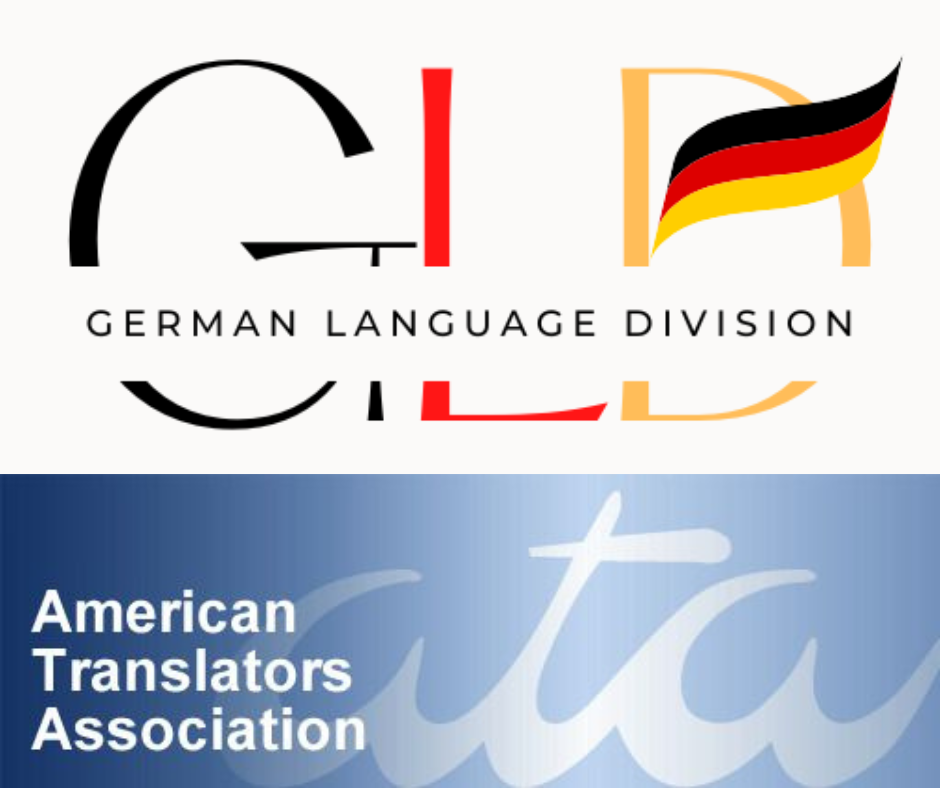I just returned from a whirlwind weekend in New York City where I attended a meeting of the ATA German Language Division (GLD) and ATA New York Circle of Translators (NYCT). Our Stammtisch (“Regulars’ Table”) brought together an enthusiastic and energetic group of 16 translators and interpreters at Hunter College in Manhattan. The meet-up had kindly been organized by Randal Gernaat (GLD and NYCT) and Laura Rodríguez O’Dwyer (NYCT), and our presenters were Karen Leube (ATA’s German Language Division Administrator) and Robin Limmeroth (GLD Assistant Administrator).

We kicked off the event with a round of introductions while enjoying a casual lunch in our meeting room. Most attendees came from New York City, Upstate New York, Pennsylvania, and Washington, D.C., while Karen and Robin shared the “prize” for longest journey, arriving all the way from Germany!
After introductions, we reflected on various topics close to most modern translators’ and interpreters’ hearts, starting with the importance of networking, marketing, going beyond one’s comfort zone, and putting oneself “out there” to find new and better-paying clients. This is especially important now considering the current omnipresent challenges posed by the excessive use of AI and the resulting pricing pressures.
One of those hot topics was the question whether applying to traditional translation agencies was still worth our while. Here are some of the take-aways:
- There are still translation agencies out there that need high-quality non-MT translations, but they are harder to find.
- Look for very specific translation agencies based on your areas of expertise, such as agencies specializing in medical, legal, or technical subject matter.
- Some translation agencies specialize in one or two language pairs only vs. offering dozens of different language pairs.
- Some agencies are directly linked to specific pharmaceutical companies.
- Small and specialized boutique agencies are run by people that are language professionals themselves and are generally more lucrative and pleasant to work with.
- Machine translation post editing (MTPE) at a reasonable rate can be a viable option.
In this context, useful questions to ask oneself are: Who still needs high-quality translations and cannot afford to use raw or edited machine translation output? Who needs you more than you need them? Who is more concerned about quality than hunting for the lowest price?
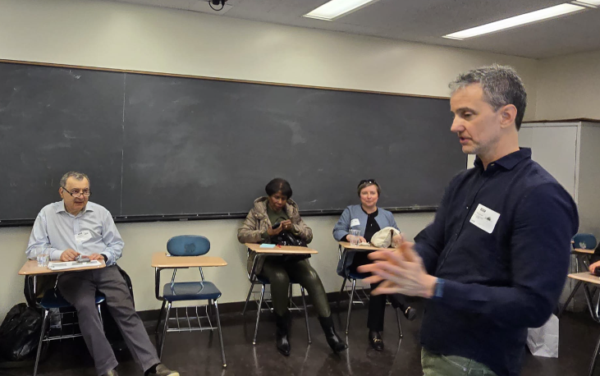
After lunch, Karen shared some GLD Announcements:
- Upcoming deadline for ATA session proposals for this year’s ATA Conference in Boston (deadline was extended to Monday, March 10th, giving participants a chance to submit a proposal)
- ATA Conference hotel and GLD dinner suggestions (to be held at the Boston Goethe-Institut on Thursday, October 23, 2025)
- Upcoming GLD Stammtisch in Frankfurt, Germany in May or June (TBA)
- Upcoming GLD event in Lancaster, Pennsylvania on July 19, 2025, related to Pennsylvania Dutch (history, culture, gaps in interpreting and translation services)
- Appeal for blog posts/articles for GLD interaktiv and GLD website
Next on the agenda was a presentation about German immigration law and the German citizenship exam (Einbürgerungstest). This was presented by Karen and Robin, who both recently took the test and are waiting for the next step in their application process to become German citizens.
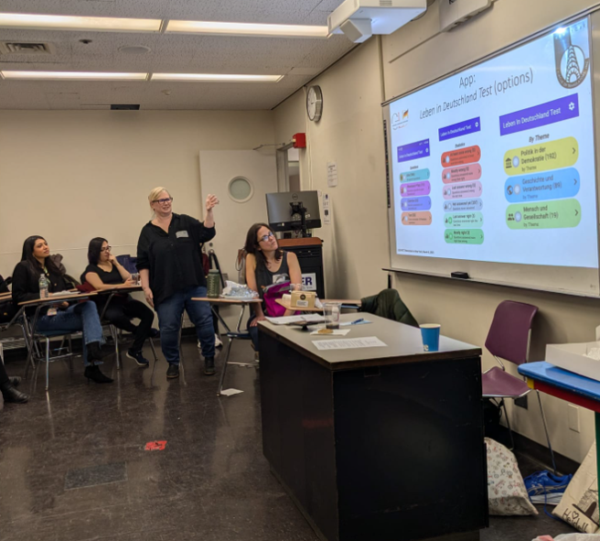
The citizenship exam has recently gained a lot of traction following a major reform of German citizenship law allowing dual and multiple citizenship. As of June 27, 2024, individuals naturalizing as German citizens are no longer required to renounce their previous citizenship. Similarly, German citizens acquiring a foreign nationality do not lose their German citizenship, eliminating the need for a retention permit (Beibehaltungsgenehmigung).
The new law also recognizes the contributions of the so-called “guest worker” (Gastarbeiter) generation, and eases language requirements for these individuals, focusing on oral proficiency and waiving the naturalization test. Guest workers are foreign or migrant workers, particularly those who had moved to West Germany between 1955 and 1973, seeking work as part of a formal guest worker program. The guest worker program primarily drew workers from Turkey, Italy, Spain, and Greece.
The requirements for naturalization are as follows:
- Legal Residence: Have been living legally in Germany for at least five years
- Permanent Residence Permit: Possess a permanent right of residence or a long-term residence permit.
- Financial Independence: Be able to financially support themselves and their dependent family members without relying on state assistance.
- Language Proficiency: Demonstrate sufficient command of the German language, at least at level B1 of the Common European Framework of Reference for Languages (CEFR).
- Civil Knowledge: Possess knowledge of the legal system, society and way of life in Germany, typically demonstrated by passing a citizenship test.
- Declaration of Loyalty: Declare commitment to the free and democratic basic order of the Federal Republic of Germany and acknowledge Germany’s special historical responsibility.
- Clean Criminal Record: Have no serious criminal convictions.
The citizenship test consists of 33 questions taken from a catalogue of 310 possible questions. Applicants must answer a minimum of 17 of 33 correctly.
Topics range from German history, politics, legal systems, civics to German culture, society and way of life, the latter including “very German” things such as noise rules, mandatory sweeping and sidewalk cleaning, and the potentially punishable offense of jay walking.
Finally, we got the chance to test our own knowledge by going over the 33 questions of a test questionnaire. Here is a link to a sample, in case you would like to test whether you have what it takes to apply for German citizenship: https://oet.bamf.de/ords/oetut/f?p=512:1::::::
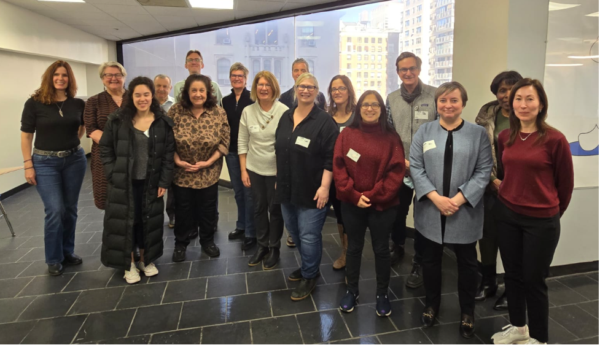
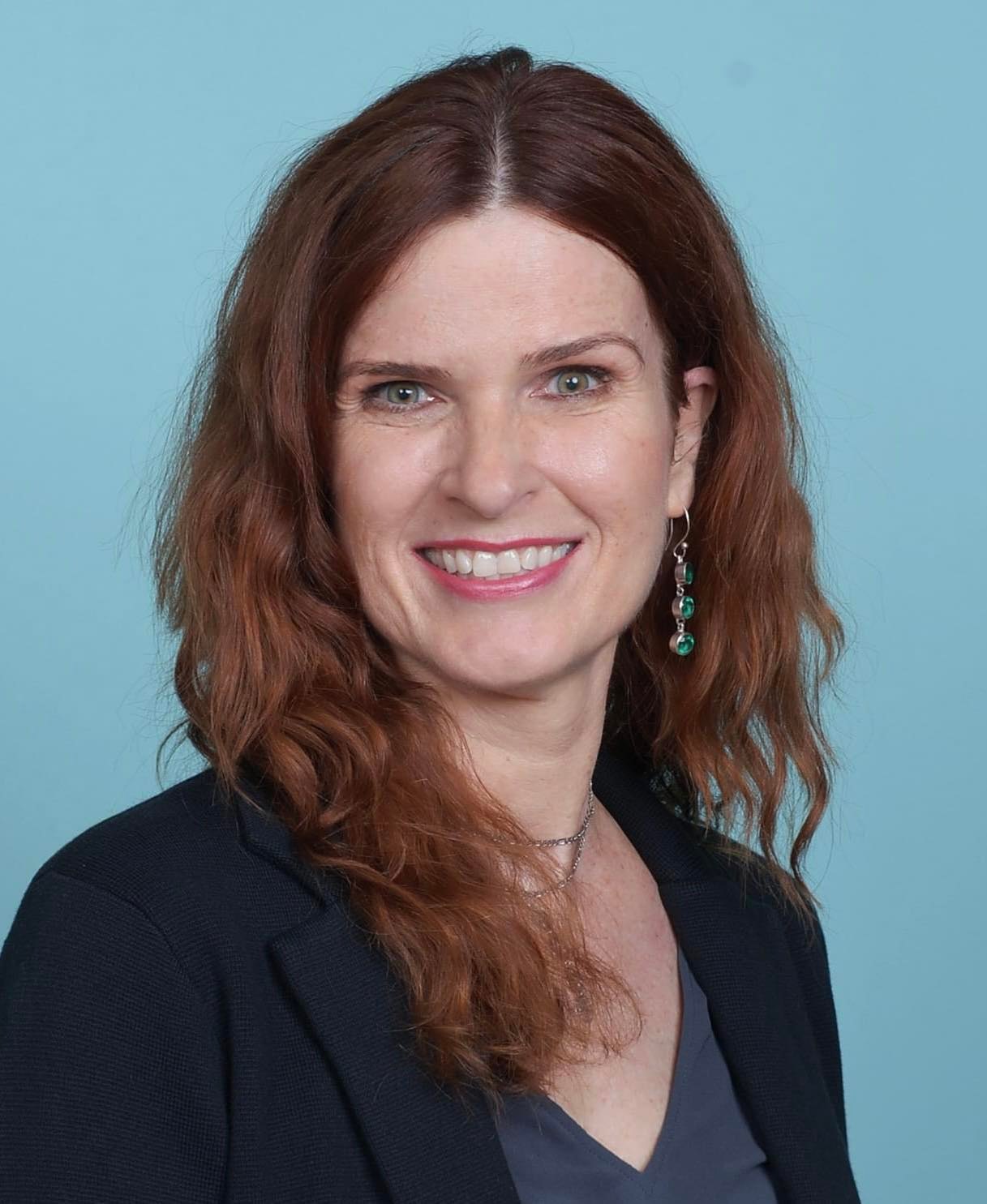
A native of Herdorf, Rheinland-Pfalz, Germany, Melanie began her career in the Human Resources Department of the U.S. Embassy, Germany, where she worked as an HR Assistant and later managed the day-to-day operation of the American Personnel Support Unit for all Agencies at post.
She started her own business as a professional English/German freelance translator specializing in Marketing, Market Research, Retail, Cosmetics, Fitness and Health in 2010 and joined the American Translators Association in 2011. Some of her noteworthy projects include the translation of a 100,000+ word website for a leading supplier of nutritional sports supplements, marketing brochures for global cosmetics companies, creative product descriptions for a leading supplier of CrossFit fitness equipment, patient education materials, patient and physician surveys as well as countless market research surveys. She also translated the book “Thai für Anfänger” from English and Thai into German.
Today, Melanie lives in Alexandria, Virginia just outside of Washington, D.C. She founded Word Flow LLC in January 2023 and recently passed the ATA Certification Exam from English into German. In her free time, she enjoys Middle Eastern dancing and attending rock concerts.
For more details, please visit word-flow.com.
